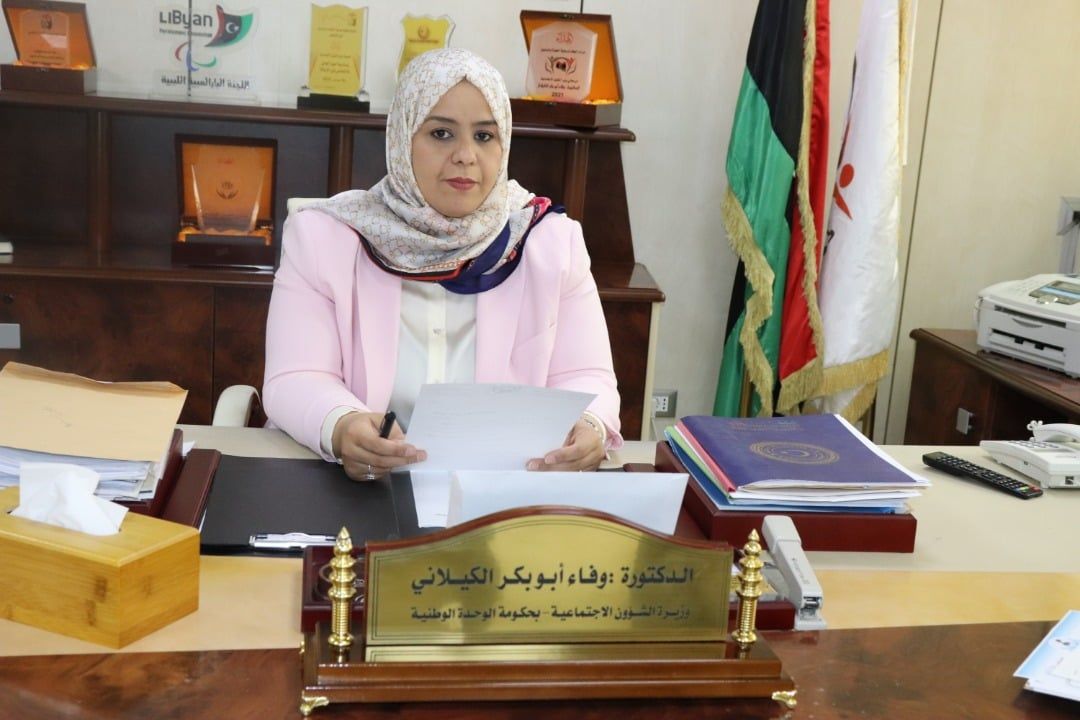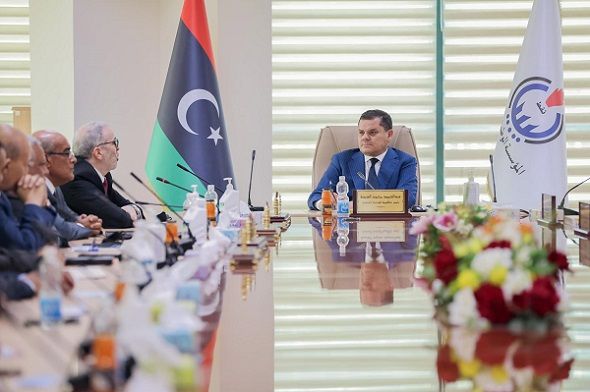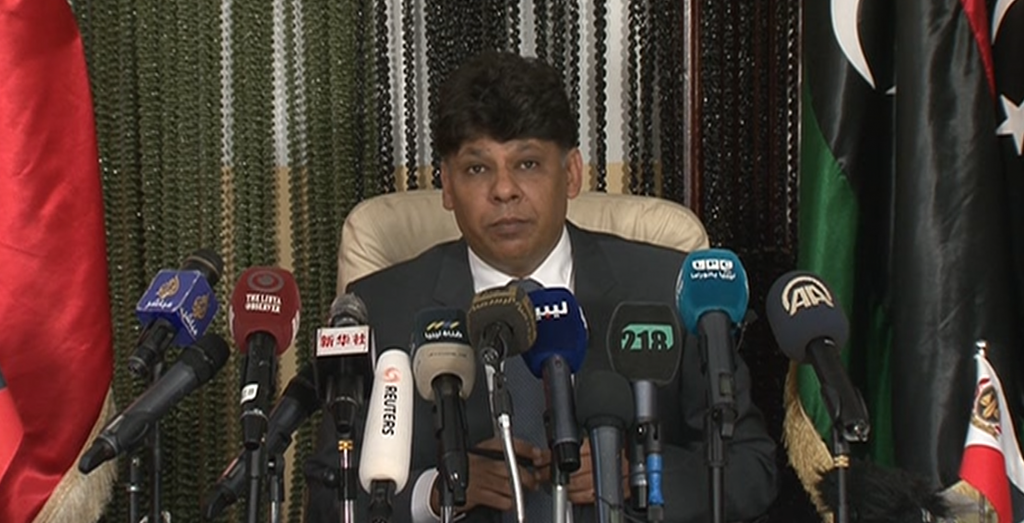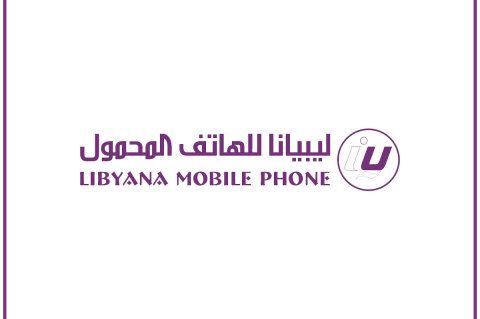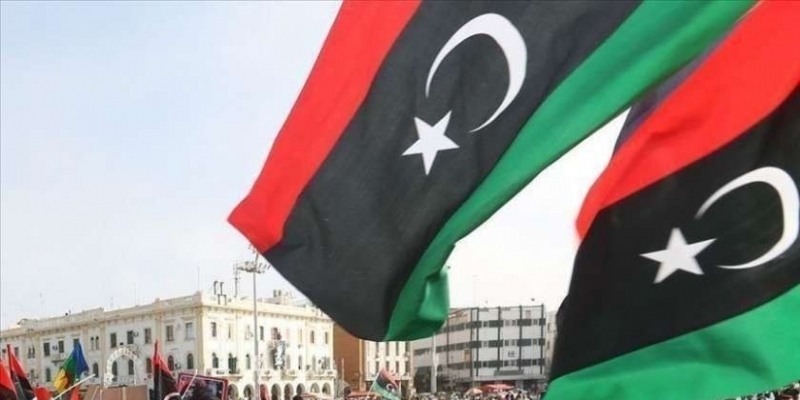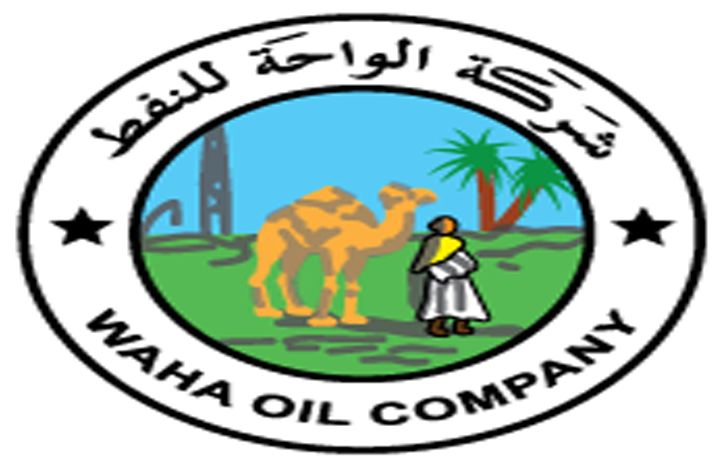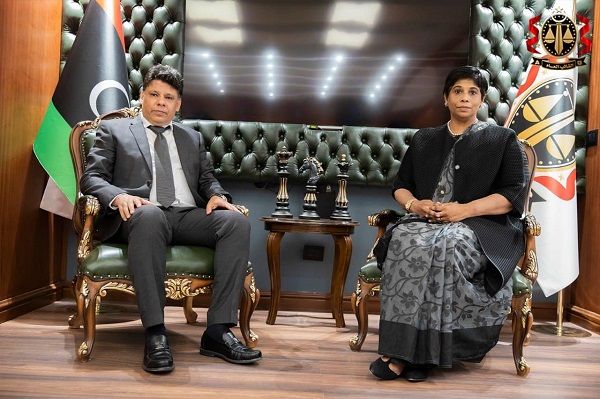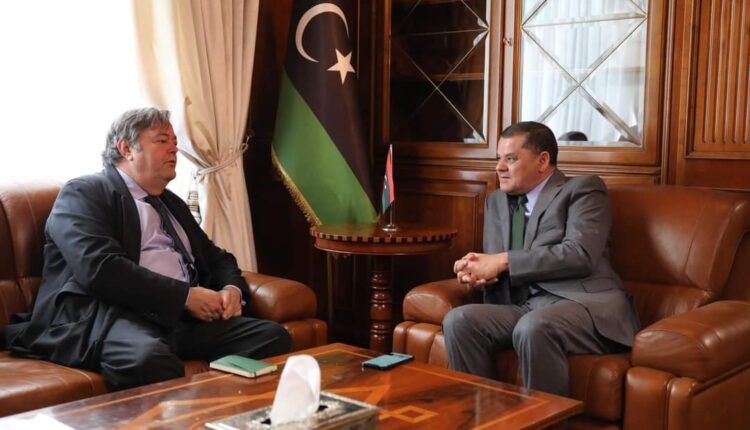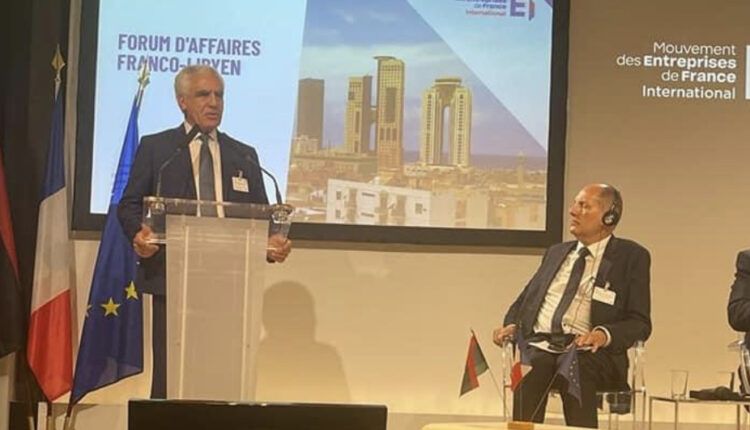The Franco-Libyan Business Forum has started today, Monday, in the capital, Paris, in the presence of high-level personalities from the Libyan and French sides, sponsored by the General Union of Chambers of Commerce, Industry and Agriculture, and organized by the Libyan-French Chamber with the Movement of the Enterprises of France MEDEF.
In the opening ceremony of the event, the President of the Union, Mohamed Al-Raeid”, gave a speech in which he stressed that Libya, today, is more willing to increase closer relations with France and Europe in a way that serves both sides. He called for increasing economic and commercial exchanges and avoiding obstacles, including the resumption of the consulate in Tripoli and the issuance of visas to Libyan citizens, as in the case of several embassies in Tripoli. He also called for encouraging French companies to return and work in Libya.
Concerning the commercial and economic file, Al-Raeid gave a brief explanation of the economic situation in Libya and the great opportunities available for cooperation with France in many fields, especially because of Libya’s capabilities and resources, and the development it needs in various fields; Pointing to the possibility of cooperation to contribute to the production of solar energy and to address the problem of the high prices of many commodities in Libya that were affected by the economic crisis by opening supply lines from the producing French companies.
He also touched on the recent Libyan activity in the field of the digital economy and referred to the distinguished Libyan participation in many international forums, pointing out the importance of intensifying joint cooperation in this field.
He concluded his speech by emphasizing that Libya is open to the French experience in the fields of transportation, infrastructure, education, industry and trade, to benefit from it.
On the Libyan side and in addition to the President of the General Union of the Chamber, Mohamed Al-Raeid, a member of the Union’s Management Committee, Abdul Majid Qaddad, a large number of members of the Libyan-French Chamber, the National Oil Corporation and a number of directors of oil companies participated, as well as senior officials of the General Electricity Company, the LPTIC, representatives of Libyan banks in Europe, a number of lawyers in France, a number of heads of companies and authorities with commercial and service activities in Libya, and many businessmen.
On the French side, the Director-General of the MEDEF Association, Philippe Gautier, the President of the Libyan-French Chamber of Commerce, Jérôme Barthe, and the Director of the Middle East and North Africa file at the French Treasury, with the participation of nearly sixty businessmen and heads of French companies active in several fields.
